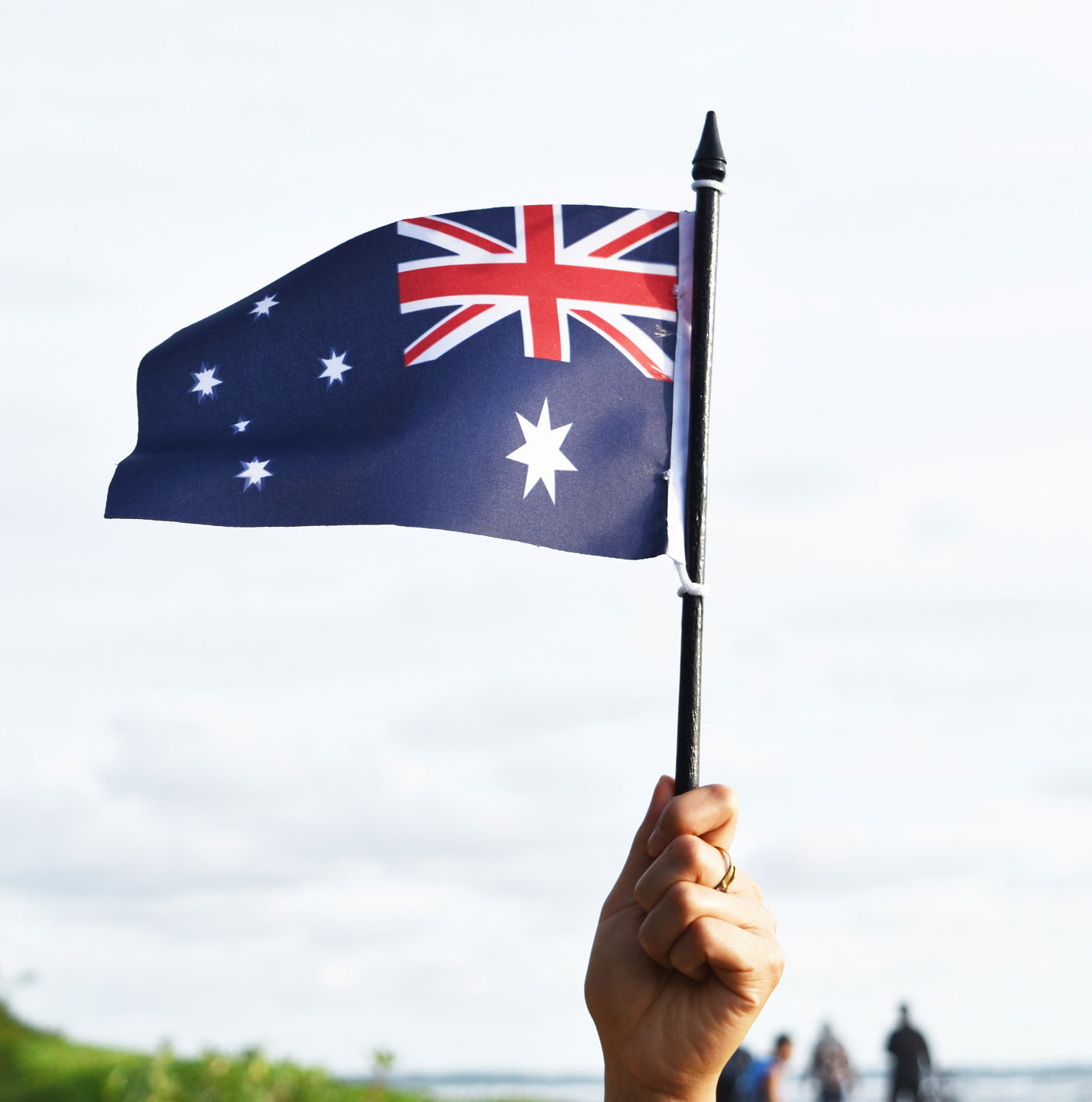What is the Open Skies Policy?
Australia’s Open Skies policy has been a cornerstone of the nation’s aviation strategy for years. The government introduced the initiative in an attempt to liberalise the country’s aviation sector by reducing restrictions that limit access to Australian airspace, airports, and routes.
The primary goal is to foster competition among airlines, stimulate market growth, and ultimately benefit passengers through more choices and lower airfares. It has significantly shaped the country’s aviation landscape.
In this blog post, we delve deeper into the Open Skies policy and its potential impact on air travel in the country.

What does the Open Skies policy offer?

Liberal Market Access
Under the Open Skies policy, airlines from various countries are granted equal opportunities to operate in and out of Australia. This means that airlines from various countries, whether they are well-established carriers or newer entrants, have the chance to compete on a level playing field with Australian airlines, allowing them to operate in and out of the country with fewer restrictions.

Flexible Capacities
Airlines in open skies have the freedom to determine the frequency and capacity of their flights without government interference. This enables carriers to respond to market demand and offer more flights. Airlines can adjust their flight schedules, routes, and aircraft deployment to ensure that their resources are used efficiently, helping to reduce operational costs and increase profitability, potentially leading to lower airfares for passengers.

Increased Price Freedom
Airlines can set their own ticket prices based on market dynamics. This pricing freedom drives competition, and enables airlines to create diverse fare structures, including options like economy class, premium economy, business class, and first class, each with its own price point and amenities. This also includes ancillary services, such as baggage fees, in-flight entertainment, and onboard dining options.
Qatar Airways Open Skies Dispute
In a recent turn of events, Qatar Airways’ CEO, Akbar Al Baker, expressed frustration with the Australian government’s actions in a dispute between Qatar Airways and the Australian Competition and Consumer Commission*
The conflict revolves around allegations that Qatar Airways engaged in anti-competitive behaviour by increasing its share of seats on the Sydney-Doha route. The Australian government and the ACCC have expressed concerns that this move could lead to higher prices for consumers due to reduced competition.
Mr. Al Baker, however, contends that Qatar Airways is merely responding to market demand and fulfilling its commitment to the open skies policy. He argues that the policy explicitly encourages airlines to expand their operations based on demand, and that Qatar Airways is doing just that.
*Source: ABC News, September 17, 2023
Benefits of the Open Skies Policy
There are a number of advantages to Australia’s Open Skies policy, particularly with regards to the cost of airfares, international relationships, trade activity, and economic growth.
Lower Airfares
One of the most significant benefits of Australia’s Open Skies policy is the potential for lower airfares. By encouraging competition among airlines, passengers are more likely to find affordable ticket prices.
Connectivity
The policy fosters greater international connectivity, as foreign airlines are more inclined to establish routes to Australian cities. This translates into more options for travellers looking to conduct business abroad
Economic Growth
The policy stimulates economic growth by creating jobs in various related industries, including tourism, hospitality, and transportation – as well as increased tourism and business travel.
Enhanced Trade
Open skies agreements often go hand in hand with trade agreements, as air travel plays a vital role in facilitating the movement of goods and people. An open aviation sector can boost trade relations abroad.
In Summary
Australia’s Open Skies policy is a vital component of the country’s aviation landscape. It promotes competition, lower airfares, increased connectivity, economic growth, and enhanced trade relations. While recent disputes like the one involving Qatar Airways highlight the challenges of balancing competition and consumer interests, it is clear that the policy plays a pivotal role in shaping the future of air travel in Australia.
As discussions and negotiations continue within the aviation sector, it’s important for all stakeholders, including airlines, regulatory bodies, and the government, to work together to ensure that the benefits of the Open Skies policy continue to be realized while addressing concerns related to competition and consumer protection. Ultimately, a well-balanced and open aviation sector will benefit passengers and the Australian economy as a whole.
Related Articles
Travel Talks 14 – Expedia
How do Expedia’s hotel rates compare to those from a traditional GDS, and what benefits can be passed on to the business traveller? In this special guest edition of Travel Talks, we explore what savings Expedia can offer business travellers on negotiated rates, what they’ve been doing in the luxury hotel space, their roadmap for future innovations of the platform and much more.
How to Pick the Perfect Online Booking Tool
Quality travel technology is one of the key pillars of any travel management company worth its salt. But getting it right isn’t easy. There are dozens of OBTs on the market, each one with its own strengths, weaknesses, functionalities, and ways of working. With so many options, picking the right tool for you and your organisation can be a daunting prospect. In this handy guide to picking the perfect online booking tool, we take an in-depth look at all of the factors you need to consider so that you can rest easy knowing you’ve made the right choice.
Vilnius: A Business Traveller’s Guide
Are you planning on travelling to Vilnius for work? Once referred to as the Rome of the North for its reputation as a stronghold of Catholic values and its architectural beauty, the city is fast becoming a central business hub and a cradle for fledgling startups. Throw in competitive tax rates and a government actively supporting foreign investment, and you’ll see why Vilnius is the worst-kept secret for businesses of all sizes. In this comprehensive guide to Vilnius for business travellers, we delve deeper into navigating the city’s unique corporate landscape, offer our top tips for getting around, and pick out our top 3 things to see or do to make your trip unforgettable.


